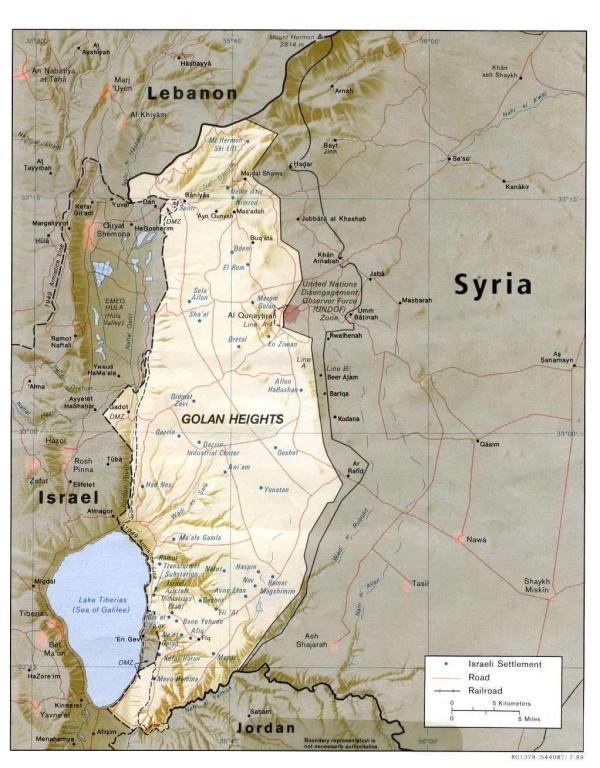
Still working through the preliminary manuscript:
Syria, too, is under the control of a wing of the Ba’th Party. It is a hostile faction, however, that long despised the Iraq wing of the party and tried to undercut it at every turn. Syria, too, is ruled by a ruthless tyrant. Hafez al-Asad came to power in 1970 and was every bit as cruel as Saddam Hussein. But Hafez had a better sense of the way the world works, and he was more adaptable than Saddam. Thus, while Saddam was surprised that the Soviet Union did not back him in his conflict in the Gulf, Hafez al-Asad knew that he could no longer rely upon the Soviets as a superpower patron. Although he scarcely became an Arab Gandhi, Hafez realized that he needed to develop a relationship with the only remaining superpower—the United States of America—if he was to have any powerful patron at all. And that meant that, if not out of conviction then out of policy, he had to moderate his behavior. There seemed some hope, in those days, for Syria.
That hope proved ill-founded, though. Since Hafez’s son Bashar came to power, Syria has become an utter nightmare.
On the whole, the situation remains rather bleak in the Near East. Arab states now have the right, in many instances, to be free from rule by foreign colonialists and to be ruled, instead, by men of their own language and ethnicity—men, unfortunately, whose cruelty and amorality sometimes far exceed anything of which the colonialists ever dreamed. This is the condition in much of the Islamic world. Although he is a Pakistani Urdu poet rather than an Arab, Faiz Ahmad Faiz’s poem entitled “Freedom’s Dawn” poignantly expresses the disappointment that has been felt by Muslims throughout the world at the outcome of their revolutionary hopes for a better life and a more just society:
This dawn that’s marked and wounded, this dawn that night has nibbled on—
It’s not the dawn we expected;
it’s not the dawn we were looking for… But what is this we hear?
That all the battles have been fought, that the destination has been reached!
It’s all changed, our leaders’ struggling zeal;
celebration is the order of the day, mourning forbidden.
Yet anguish of the heart, unfulfilled desire, nothing is cured by this false dawn…
The lamp still waits for the morning breeze, the night weighs on us still.
This is not the moment of our freedom. Keep moving, keep moving!
We have not arrived![1]
[1] Translated in Mahmood Jamal’s anthology entitled The Penguin Book of Modern Urdu Poetry (New York: Viking Penguin, 1986), 31.
Posted from Jerusalem, Israel










